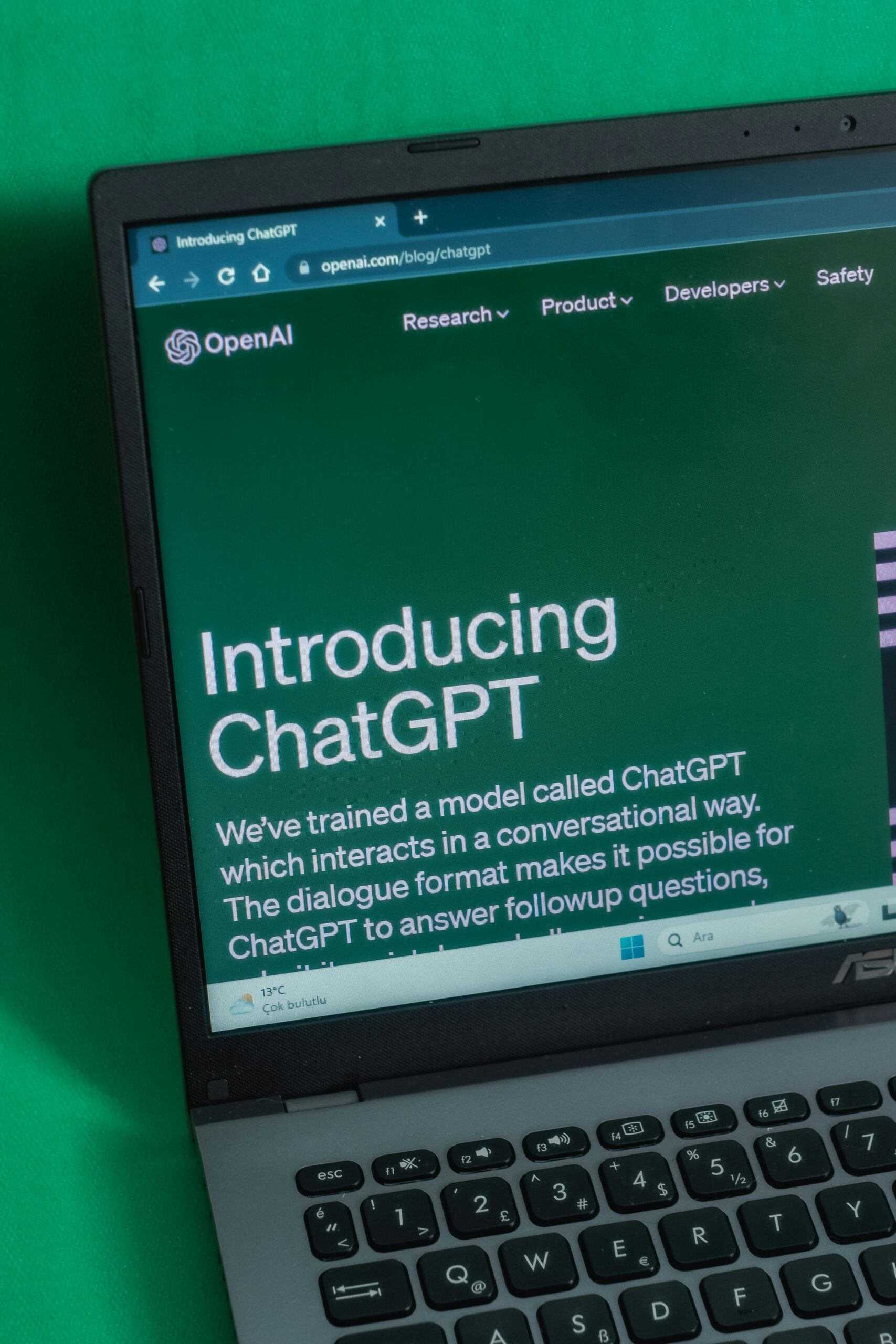AI-Driven Voice Search Optimization for Dubai Businesses: Capturing the Conversational Web
Beyond the search bar: Dubai’s digital dialect is changing
Picture this: you’re driving down Sheikh Zayed Road and ask your phone, “Where can I find the best karak chai near Downtown Dubai?” You don’t type. You don’t scroll. You speak, and you get an instant, spoken answer. This isn’t a scene from the future; it’s the reality of Dubai’s rapidly evolving digital landscape. Millions of users are abandoning the keyboard for conversation, yet many businesses are still optimizing their websites for a world of typed keywords. Your traditional SEO strategy, once your greatest asset, is becoming deaf to this new digital dialect. This article is your guide to turning that around. We will explore how artificial intelligence is the key to teaching your business to listen, understand, and respond in the conversational web, ensuring you are not just heard, but preferred.
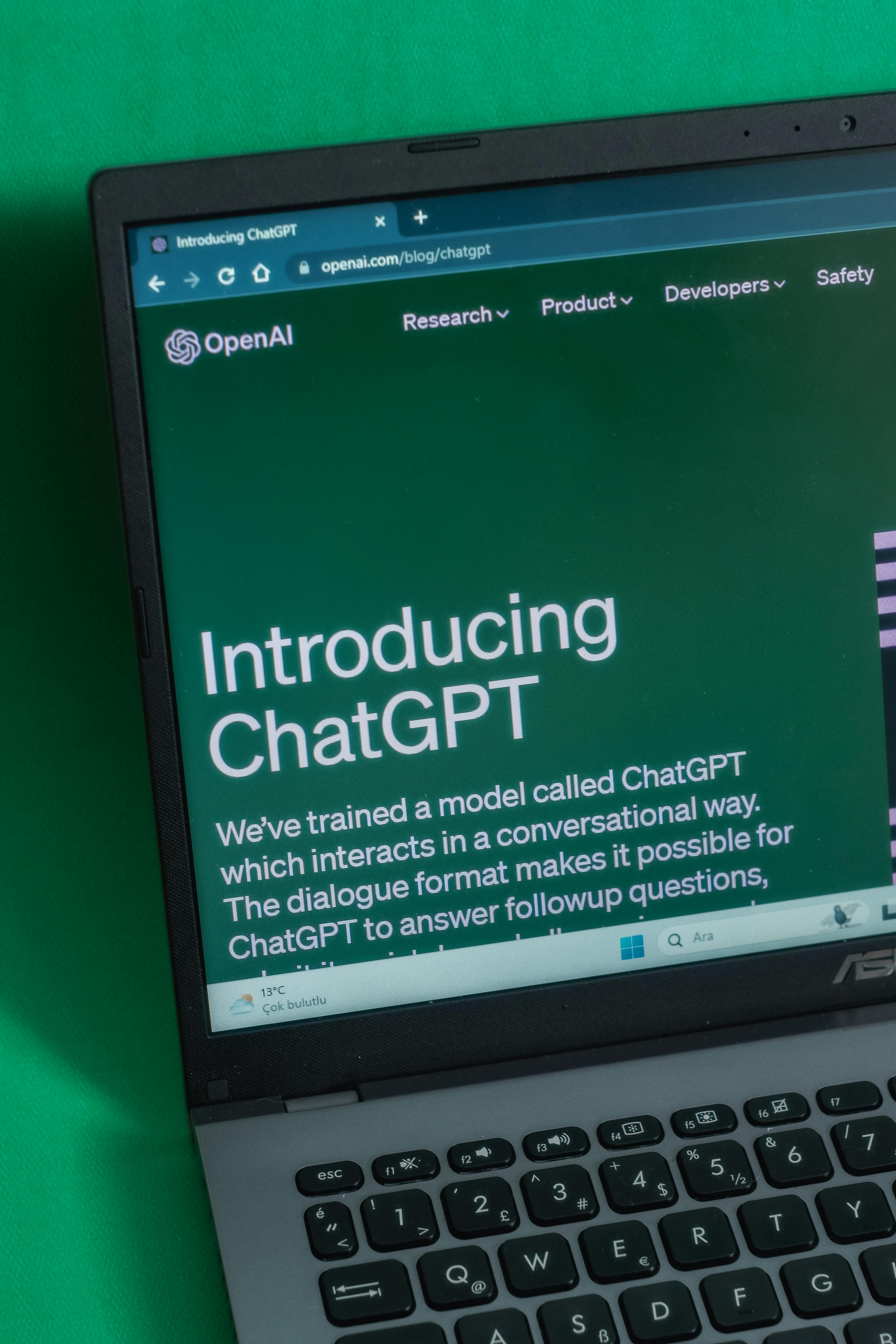
This Photo was taken by Beyzaa Yurtkuran.
Why your keyboard is collecting dust
The shift from typing to talking is one of the most significant changes in consumer behavior we’ve seen. It’s driven by the simple human desire for convenience. Voice search is faster, hands-free, and feels more natural than typing on a small screen. In a fast-paced, tech-forward city like Dubai, this convenience is not a luxury; it’s an expectation. Users are asking their smart speakers for recipes while cooking, their car’s navigation for directions while driving, and their phones for quick facts on the go.
This behavior fundamentally changes the nature of search queries. Instead of short, fragmented keywords like “digital marketing Dubai,” people ask full questions: “Who is the best digital marketing agency in Dubai for a small business?” This is the world of long-tail, conversational queries. According to a 2024 report from PwC, over 60% of consumers who use voice assistants appreciate them for their ability to get instant answers to questions. For your business, this means the old rules of keyword stuffing are obsolete. Your new goal is to provide the single best answer to a specific spoken question.
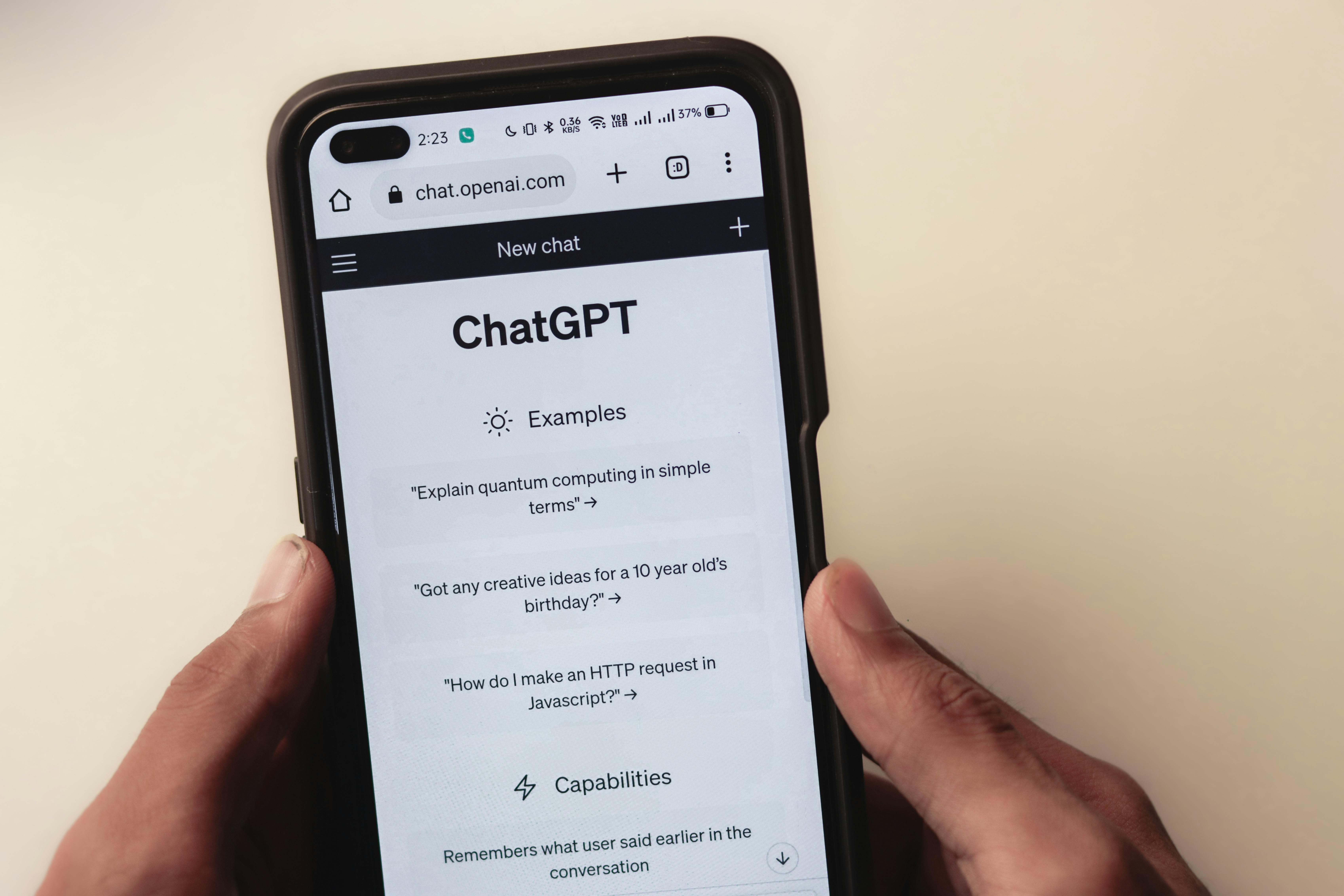
This Photo was taken by Sanket Mishra.
The AI advantage: From keywords to conversations
So how do you optimize for thousands of potential questions instead of a handful of keywords? The answer is Artificial Intelligence. Modern search engines like Google use sophisticated AI, such as Natural Language Processing (NLP), to understand the *intent* and *context* behind a spoken query, not just the words themselves. AI is what allows a search engine to know that “best place for shawarma JBR” and “where can I find a top-rated shawarma in Jumeirah Beach Residence” are asking the same thing. Your job is to leverage AI to make your website the most helpful and authoritative source of answers.
Teaching your website to understand intent
AI-driven search is a dialogue. To participate, your content must be structured to understand and fulfill user intent. This means moving beyond product descriptions and creating content that directly answers the “who, what, where, when, why, and how” questions your customers are asking. By focusing on creating helpful, informative content, you align your website with what AI is looking for: expertise and authority. A well-structured, answer-first content approach forms the backbone of a successful AI-powered content strategy for Dubai businesses, making you the go-to resource in your niche.
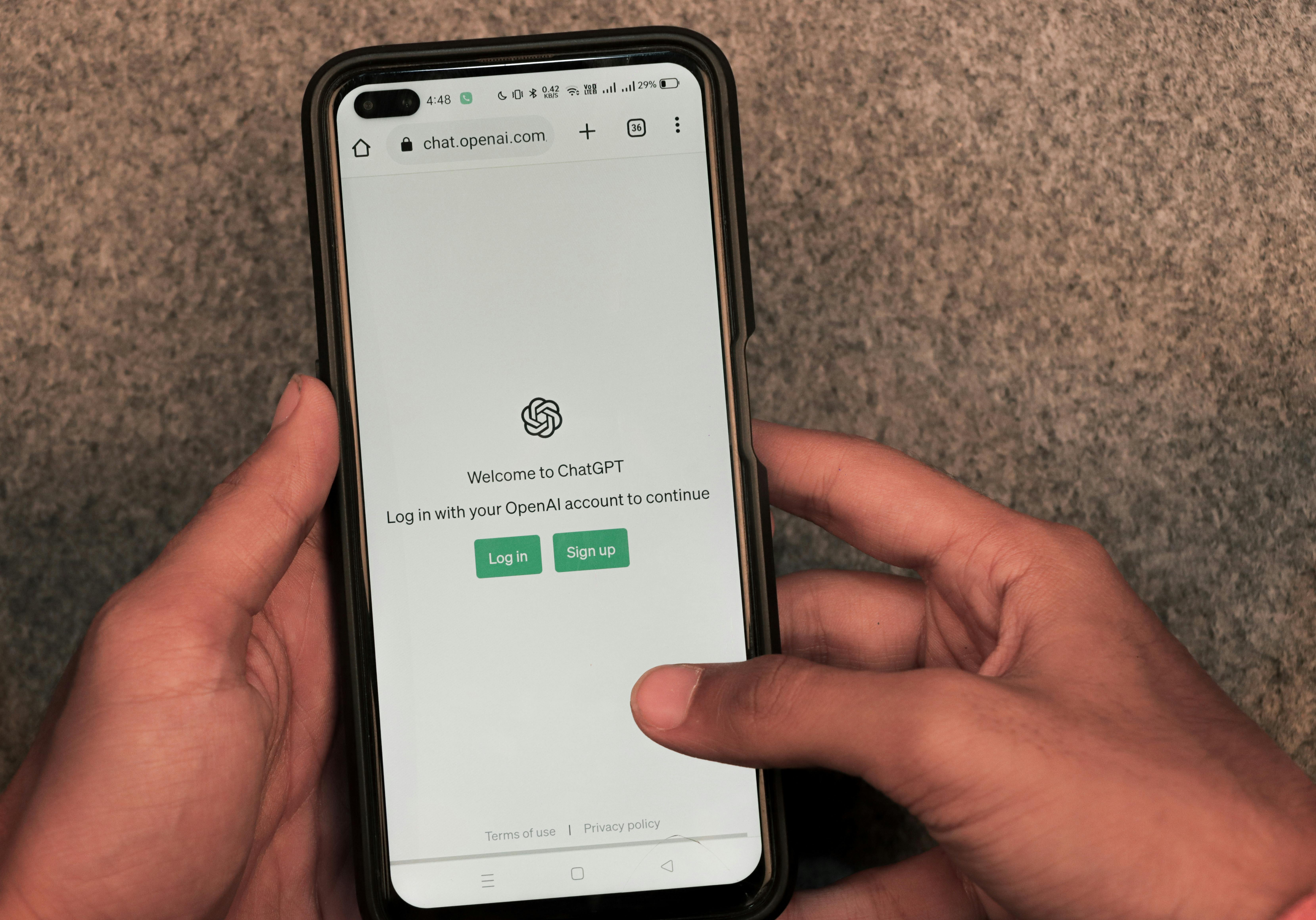
This Photo was taken by Sanket Mishra.
Structuring answers for a spoken world
For a voice assistant to choose your website’s content for a spoken answer, that information must be clear, concise, and easy to find. This is where technical SEO elements like schema markup become critical. Schema is a type of code that “labels” the information on your site, telling search engines exactly what it is (e.g., this is a business address, this is a product price, this is a recipe). This makes it incredibly easy for an AI to pull the precise data it needs to answer a query. Think of it as creating a perfect script for the voice assistant to read. When your site provides these clear, authoritative answers, you also see a natural boost in AI-driven strategies for quality backlinks, as other sites will reference your expert content.
Predicting the next question
The most advanced application of AI in SEO is its ability to forecast user behavior. By analyzing vast datasets of voice queries, AI can identify patterns and trends, helping you anticipate what your customers will ask next. This allows you to create content proactively, answering questions before they are even mainstream. This forward-thinking approach is the core of predictive SEO for Dubai businesses, transforming your strategy from reactive to visionary and ensuring you always stay one step ahead of the competition.

This Photo was taken by Sanket Mishra.
Your AI-powered voice search playbook for Dubai
Optimizing for voice search is not about a single trick; it’s about a holistic strategy. Here are the essential steps to make your Dubai business discoverable in the conversational web.

This Photo was taken by Sanket Mishra.
Step 1: Master conversational keyword research
Start by brainstorming the actual questions your target audience in Dubai would ask. Use tools like AnswerThePublic or Google’s “People Also Ask” feature to discover long-tail queries. Focus on question-based phrases that begin with “how to,” “what is,” and “where can I find.” The goal is to build a content plan that mirrors the natural language of your customers.
Step 2: Build a foundation with structured data
Implement schema markup on your website. For a local Dubai business, LocalBusiness schema is non-negotiable. It helps search engines understand your address, opening hours, and service area. This is a critical component of a strong AI-powered hyperlocal SEO strategy that directly feeds voice assistants the information they need for “near me” searches.

This Photo was taken by Matheus Bertelli.
Step 3: Create content that answers, not just ranks
Structure your blog posts and web pages to provide direct answers. A great technique is to use a question as your subheading (H2 or H3) and provide a concise, direct answer in the first paragraph immediately following it. This “inverted pyramid” style is perfect for voice search, as it gives the AI a clear, quotable snippet. Your entire brand elevation depends on this intelligent content approach.
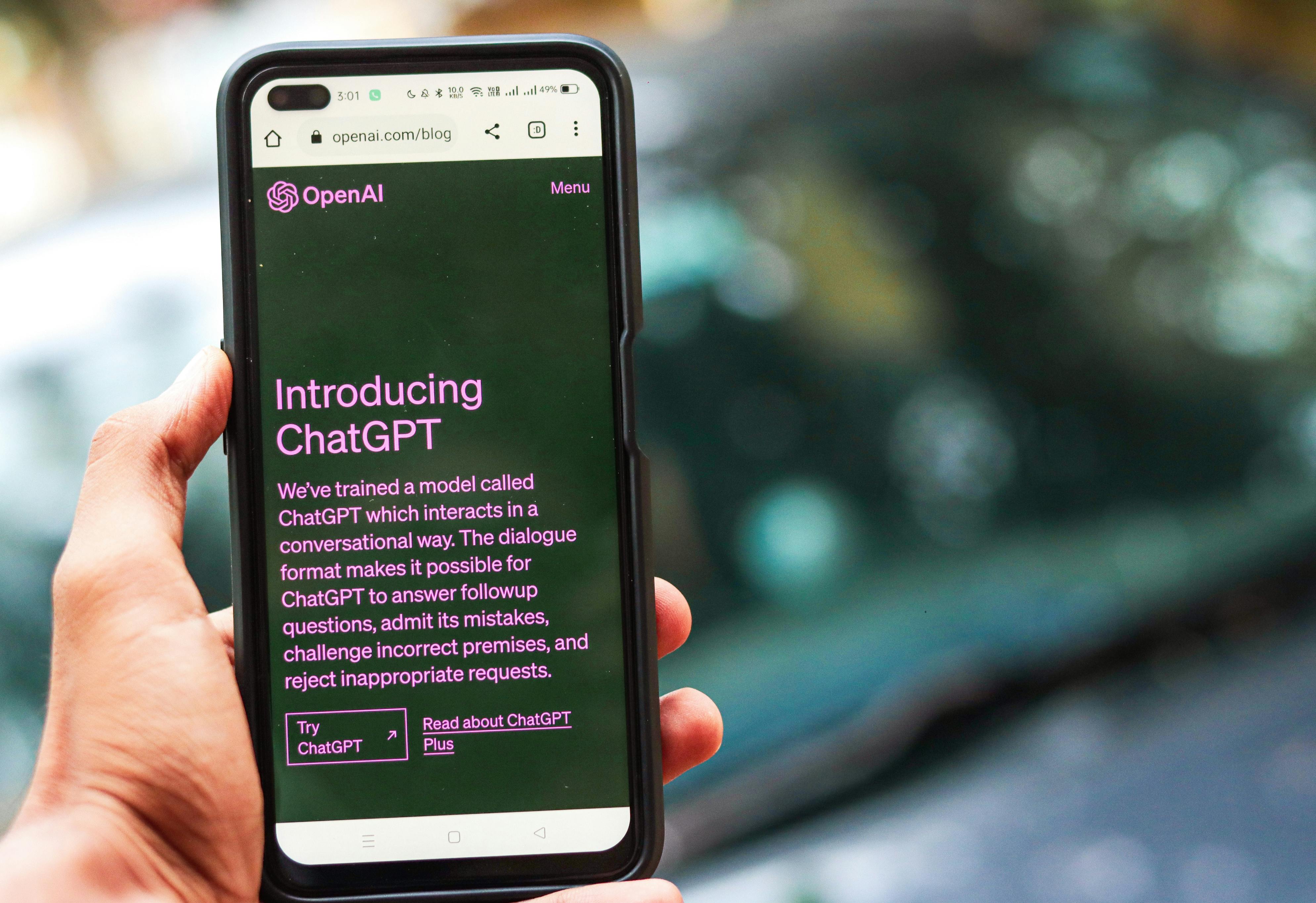
This Photo was taken by Sanket Mishra.
Step 4: Optimize for “near me” supremacy
A huge portion of voice searches are local. To capture this traffic, your Google Business Profile must be fully optimized and consistently updated. Encourage customer reviews, upload high-quality photos, and use the Q&A feature to preemptively answer common questions. Ensuring your local signals are strong is fundamental to unlocking Dubai’s digital future for your business.
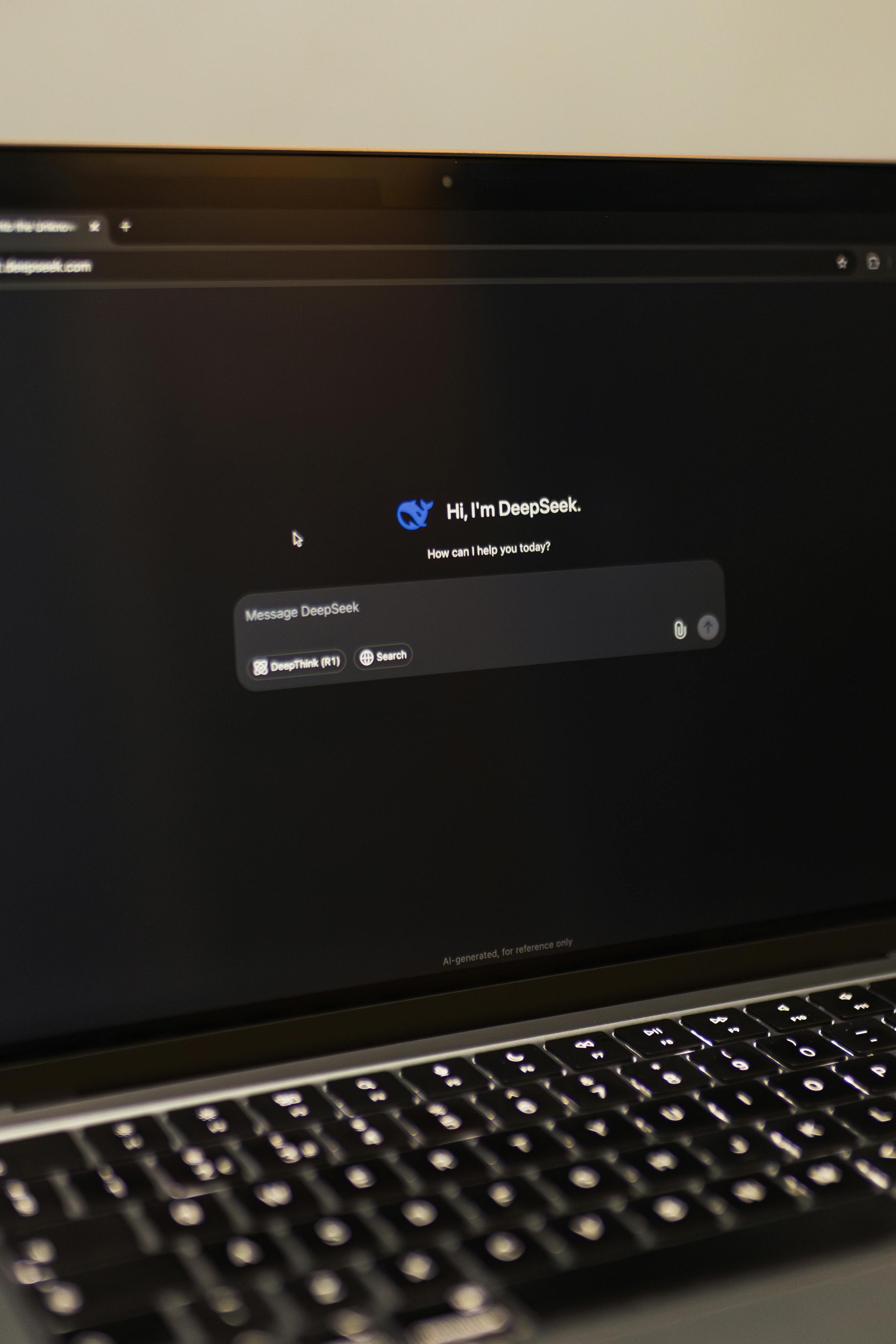
This Photo was taken by Matheus Bertelli.
| Voice Search Query Type | Percentage of Total Voice Searches (2024 Projections) | Example for a Dubai Business |
|---|---|---|
| Local Information (“Near Me”) | 46% | “Find a 24-hour pharmacy in Al Barsha” |
| Informational/General Knowledge | 32% | “What is the VAT rate in the UAE?” |
| Action-Oriented (Commands) | 15% | “Book a table for two at Zuma tonight” |
| Navigational | 7% | “Directions to the Dubai Mall” |
Data based on 2024 industry analysis and projections from sources like Think with Google.
Answering your top voice search questions

This Photo was taken by Pixabay.
How long does it take to see results from voice search optimization?
Like traditional SEO, voice search optimization is a long-term strategy. You can see initial results from technical fixes like schema markup and Google Business Profile optimization within a few weeks. However, building the content authority to rank for competitive conversational queries can take 3-6 months.
Do I need a completely separate strategy for voice search?
Not entirely. Voice search optimization is an evolution of good SEO. Best practices like mobile-friendliness, fast page speed, and high-quality content are foundational for both. The key difference is the added focus on conversational queries, structured data, and answer-focused content.
Is voice search only for B2C businesses?
No. While local B2C queries are common, B2B professionals also use voice search for research. They might ask, “What are the top AI marketing agencies in Dubai?” or “How does UAE data residency law affect cloud storage?” Having content that answers these expert-level questions can capture valuable B2B leads.
Which voice assistants should I optimize for?
You should optimize for search engines, not specific assistants. Google Assistant, Siri, and Alexa all pull information primarily from search engines like Google and Bing. By focusing on a strong presence on these platforms, you cover all major voice assistants simultaneously. Anticipating user needs is a core part of any forward-thinking predictive SEO strategy.

This Photo was taken by Ann H.
Your voice in Dubai’s digital future
Voice search is not a fleeting trend; it is the new standard for how people interact with the digital world. Resisting this change is like insisting on sending a fax in the age of email. For businesses in Dubai, a city that thrives on innovation, failing to adapt is not an option. The good news is that you don’t need to be a machine learning expert to succeed. The solution lies in shifting your mindset from keywords to conversations, from ranking to answering. By leveraging AI-powered insights to understand user intent, structuring your content for clarity, and focusing on hyperlocal relevance, you can transform your website into an authoritative voice in your industry. This is more than just SEO; it’s about building a genuine connection with your audience in the most natural way possible: through conversation. Your future customers are already asking for you. It’s time to make sure they can hear your answer.
